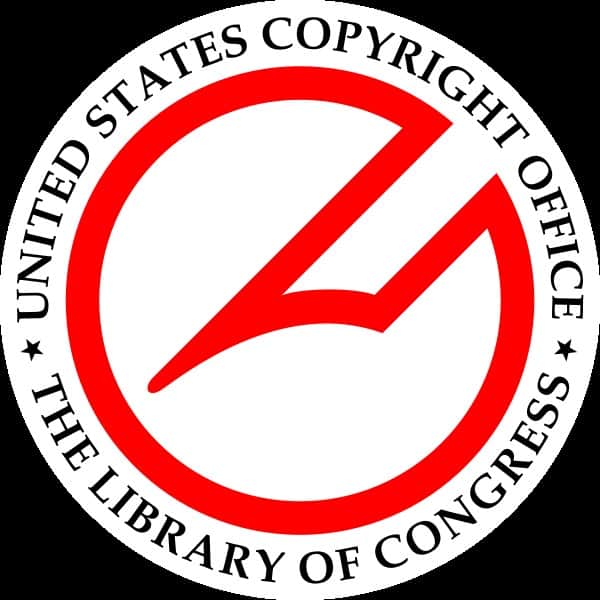The US Supreme Court has ruled that copyright owners must wait until the Copyright Office has either granted or denied the registration of a copyright before suing alleged infringers.
The case of Fourth Estate Public Benefit Corp. v. Wall-street.com, LLC involved Fourth Estate, a news organization that licensed content to Wall-Street.com, a news website.
Fourth Estate sued Wall-Street.com for copyright infringement after Wall-Street.com failed to remove Fourth Estate’s content from its website after cancelling the parties’ license.
Fourth Estate had filed applications to register the articles with the US Copyright Office, but the Register of Copyrights hadn’t yet acted on those applications.
Under Title 17 U. S. C. §411,
no civil action for infringement of the copyright in any United States work shall be instituted until . . . registration of the copyright claim has been made in accordance with this title.
The District court dismissed the complaint, and the Eleventh Circuit affirmed, holding that “registration . . . has [not] been made” under §411(a) until the Copyright Office actually registers a copyright.
Copyright exists as of the moment that a work of authorship (such as a literary, musical, or dramatic work, including computer code) is fixed in a tangible medium of expression – such as on paper or a computer hard-drive or in a Google doc.
However, in order for a copyright owner to bring suit for infringement, the work must be registered with the US copyright office, as noted above.
Before this latest Supreme Court decision, the circuits were split on whether “registration” meant merely filing an application with the Copyright Office, or having the office act on that registration application.
The Supreme Court found that registration occurs, and a copyright claimant may commence an infringement suit, when the Copyright Office registers a copyright (or overtly refuses to do so).
The Court also held that upon registration of the copyright a copyright owner can recover for infringement that occurred both before and after registration.


